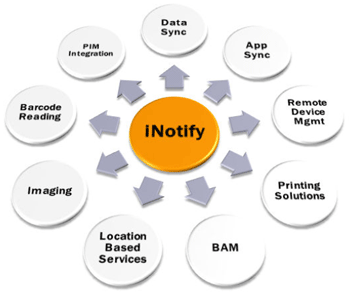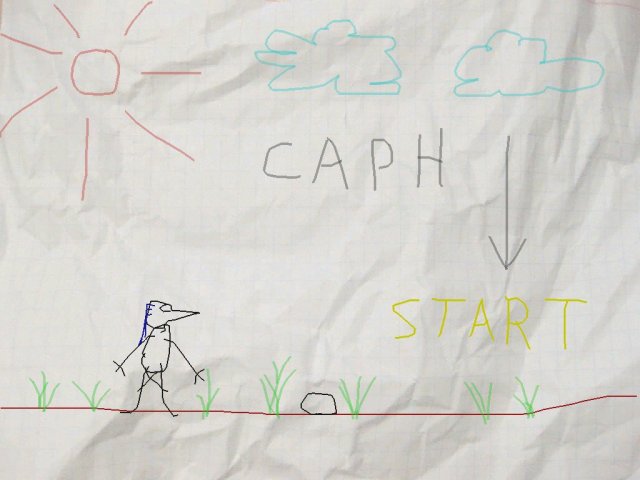 inotify è un sottosistema del kernel di Linux che agisce per estendere le funzionalità del filesystem per notare dei cambiamenti nel filesystem, e segnalare le modifiche alle applicazioni. Esso sostituisce il precedente, dnotify, che aveva obiettivi simili.
inotify è un sottosistema del kernel di Linux che agisce per estendere le funzionalità del filesystem per notare dei cambiamenti nel filesystem, e segnalare le modifiche alle applicazioni. Esso sostituisce il precedente, dnotify, che aveva obiettivi simili.
Gli sviluppatori originali di inotify furono John McCutchan, Robert Love e Amy Griffis. E’ stato incluso nel kernel Linux dalla versione 2.6.13 (18 giugno 2005), e poteva essere compilato nel 2.6.12 e, eventualmente, in versioni precedenti con l’uso di una patch.
Un utilizzo è nel settore dei servizi di ricerca da desktop come Beagle, dove la sua funzionalità permette la reindicizzazione dei file modificati, senza dover eseguire la scansione del file system per cercare modifiche ogni pochi minuti, il che sarebbe molto inefficiente. Essendo informato che un file è stato modificato direttamente dal kernel, piuttosto che cercando attivamente, Beagle e strumenti simili possono ottenere tempi di cambio e reindicizazzione di solo circa un secondo.
Continue reading »

 Capita spesso di trovare nei propri filesystem dei file con nomi strani, ovvero con caratteri non alfanumerici o con spazi tra le varie parole, magari caricati da utenti, o file prodotti per errore da qualcuno o da qualche programma; e purtroppo non è spesso banale fare un mv < file > o rm < file >.
Capita spesso di trovare nei propri filesystem dei file con nomi strani, ovvero con caratteri non alfanumerici o con spazi tra le varie parole, magari caricati da utenti, o file prodotti per errore da qualcuno o da qualche programma; e purtroppo non è spesso banale fare un mv < file > o rm < file >.



